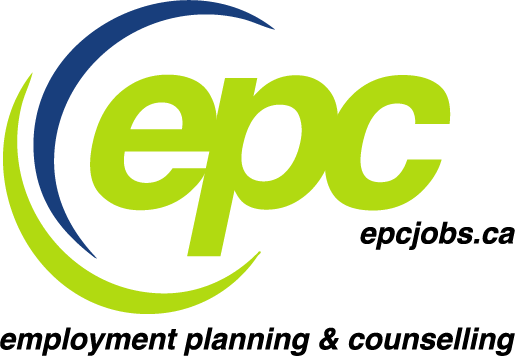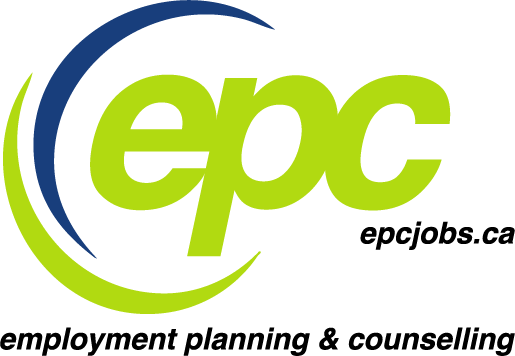For many employers, the recruitment process is as much about risk management as it is about finding qualified applicants. Consider this: Workopolis reports that, “According to a recent study by the Conference Board of Canada, the average time needed to fill a role is 56 days, with the average cost to hire a new employee coming in at $6,227.” Put simply, this process is time-consuming and expensive. Employers, especially those with lots hiring experience, know that what they need most are passionate people who will stay long enough to return on the investment of energy and money that goes into the onboarding process.
To be clear, I’m not saying you don’t need to be qualified for the job. There are obviously certain basic credentials that can qualify you or exclude you from consideration in a hiring process. For example:
- An AZ license and a clean CVOR are required for long-haul trucking
- Education, certifications, and a Criminal Reference Check are required for Social Service Work
- A server in Ontario will need a Smart Serve and a Safe Food Handling Certificate
Moreover, if you ask an employer who is recruiting what they are looking for in an employee, they will often give you a laundry list of ‘additional’ qualifications.
The successful candidate will have excellent communication and teamwork skills. They need common sense, a proven ability to take initiative and must be flexible. Strong preference given to individuals with experience in project management, superior interpersonal skills and a high standard of organization.
However, when it comes to actually choosing between suitable, qualified employees, being able to do the job well sometimes isn’t enough; the concern about long term ‘fit’ becomes a big one. A highly qualified candidate who you don’t believe will stay is a riskier bet than an ok candidate who really wants the job and might stay for years. Someone who suggests that a job is a stepping stone on the way to a career elsewhere can be less desirable than someone who is established in a field they love and looking to return to work in a similar position. Someone who is looking to grow into a role they have been preparing for through education or professional development is more appealing than someone who is just killing time and going through the motions.
So, how do you convince an employer that you are interested? You can’t just tell them. You need to show them by illustrating how this job fits into your personal narrative. Put another way, business and career coach, Simon Sinek suggests, you need to tell the employer why they should hire you. This is where a story about your sense of purpose, your passion and your reason for doing the work you do can make the difference between getting hired and getting passed over for the job you really want. Here are some things to consider, when writing a cover letter or preparing for an interview:
- How did your past experience lead you to this position?
- When did you decide to go into this field?
- Why did you choose this kind of work?
- What motivates you or excites you about what you do?
- Where do you see yourself in the foreseeable future (ideally with this employer)?
- Who are you and how does your work contribute to your sense of self?
Creating a personal narrative that incorporates your work into your identity and clearly states why you want this job, can give you a clear advantage over other job seekers who just want a job.










